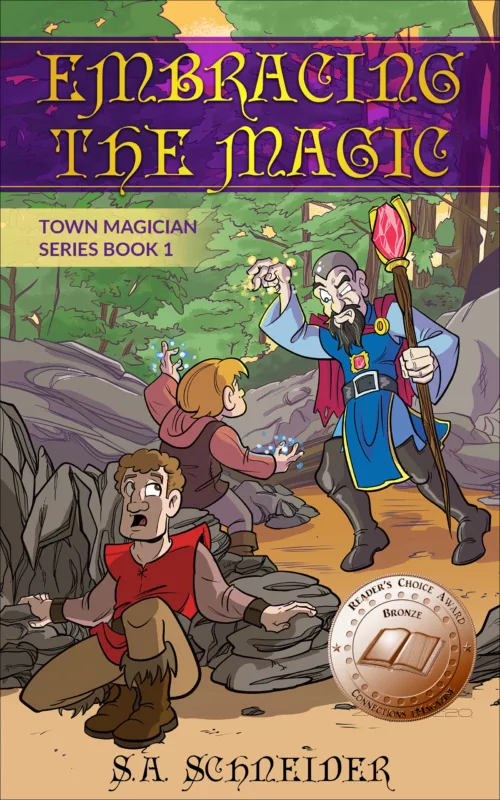Getting Started Creating These Stories
Before we get started creating a Choose Your Own Adventure story, we need to get familiar with the genre first. Time for a trip to the library.
Take your students and check out various different types of these books. As mentioned in the previous article, there are many to choose from. And the actual Choose Your Own Adventure stories have a lot to choose themselves.
There are more advanced versions that include stats. Marvel has a new line of these books. If your library doesn’t have many, try some good used books stores. On my Discovered Wordsmiths podcast, you can search for your state or country and there might be a mentioned bookstore. If not, hopefully you can find a good one.
Let students swap books so they can read a variety of them and get a feel for how they work. Discuss what they like and don’t like about these types of books and stories. The familiarity will help as they develop their own.
Let’s Get Started
I recommend they dive right in and create a story. While this may not seem like the best idea, the experience will serve them well later.
When the kids are excited about creating their own stories, if we start giving them rules and instruction they’ll quickly lose interest. They want too make a story right now.
I would get a little spiral notebook for them to use. Have them number the pages and write one part of the story on each page. When they get to the choice, they can make two choice to go to page 2 and 3. Then let them continue to write parts.
What they’ll discover is that it gets chaotic and it’s easy to forget a storyline. They may repeat things or may have the same area/person be completely different in different paths. They may also have long meandering stories that don’t go anywhere or make sense. That’s the problem with these type of stories. This exercise helps them to see the problems and then we can guide them to create a better one.
Gather Supplies
While the small spiral notebook is a good choice still, I’m going to recommend using note cards.
You can use a word processor like Word, Open Office or Pages, but I actually find that even more difficult. And trying to write multiple numbered pages on a single sheet of paper gets tiresome flipping back and forth.
The notecards allow you to lay them out in the paths and position them so you can visualize the path. And if they need to fix something, it’s easy to remove a couple note cards and replace them.

Using notecards and the layout to create your own choose your own adventure story
There are various steps and methods to make a choose your own adventure. The way I’m going to cover isn’t necessarily the best method. It’s a good method in that it involves planning the story and paths, which will be a skill that can benefit them in the video game world.
The problem with the notecards is that they then need to transfer it to something else (like Word) to make it a book. Everyone can’t come to your dining room table to read your notecards. But starting with the notecards is a great way to practice and get started, plus it helps visualize the layout. When narrative designers and developers are creating the story for a game, they sometimes use similar methods to help the whole team visualize the flow and paths.
Next: Part 2 – Maps and Stories
Photo by James Wheeler: https://www.pexels.com/photo/photo-of-pathway-surrounded-by-fir-trees-1578750/








